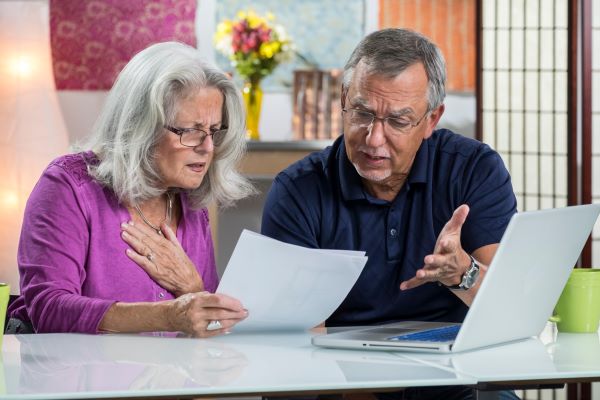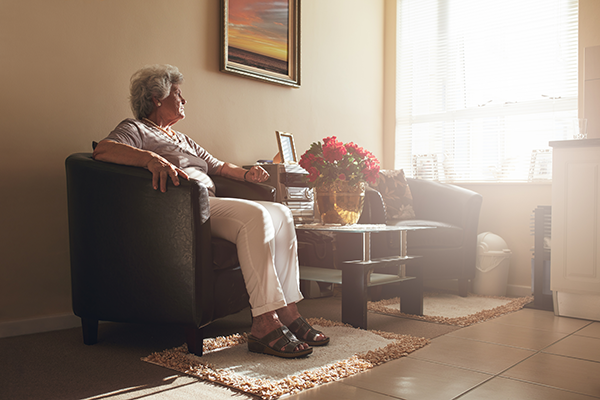Financial Abuse and Fraud Among the Elderly
According to the National Council on Aging (NCOA), Americans lose between 2.6 and 36.5 billion dollars in assets and money each year to elder financial fraud and abuse. And although self-reported financial exploitation occurs at higher rates than all other…



